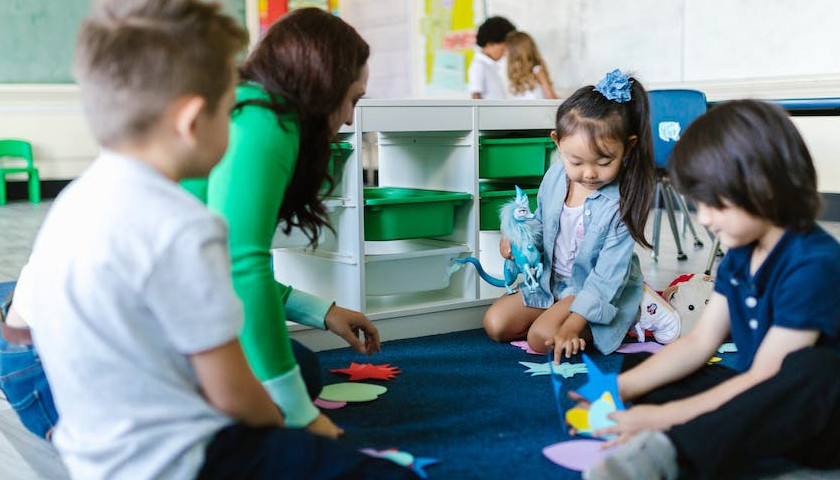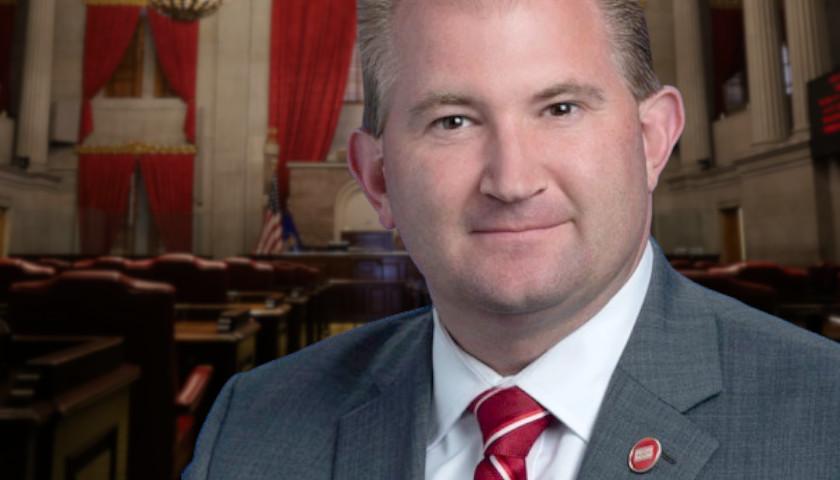by Bruce Walker
Fifty-four Michigan school districts and 112 schools will receive required state partnership intervention, according to an announcement Tuesday from the Michigan Department of Education.
The department partners with districts with schools scoring in the bottom 5% on the state’s index accountability system, or that possess a four-year graduation rate below 67%, or that meet both criteria.
The Education Department and intermediate school districts will provide support to partnership districts to assist in developing 18-month interim target benchmarks and 36-month end-target outcomes. For alternative education schools and virtual-learning schools with scores in the bottom 5% and/or a four-year graduation rate below 67% will receive additional support outside the partnership agreement.
The Education Department partnerships reflect the dismal results of Michigan students’ National Assessment of Educational Progress scores, which was reported last month in The Center Square and was a point of contention during this year’s gubernatorial debates between Democratic Gov. Gretchen Whitmer and Republican challenger Tudor Dixon.
“As Michigan students struggle to catch up, it’s clear the status quo isn’t working,” Mackinac Center for Public Policy Director of Public Relations Holly Wetzel told The Center Square. “Student Opportunity Scholarships would put funds directly in the hands of families who need it the most, helping them pay for tutoring, special-needs therapies, school tuition, and other education-related expenses. Parents know what’s best for their kids. These scholarships would equip them with the resources needed to help their children thrive and succeed.”
Beth DeShone, executive director of the nonpartisan Great Lakes Education Project, concurs with Wetzel.
“Michigan’s public school bureaucracy has failed our kids,” DeShone said in a statement. “Parents spoke loud and clear in August when they submitted hundreds of thousands of petition signatures to approve opportunity scholarships to help their children.”
DeShone noted Michigan Secretary of State Jocelyn Benson “specifically and intentionally” is stalling the process of approving the signatures, which would give lawmakers the authority to approve the Let MI Kids Learn opportunity scholarships.
Students who qualified for free-and-reduced school lunch or from families at or below 200% of the free-and-reduced lunch eligibility requirement, and students with disabilities would have qualified for the estimated $500 million program, which could be used for tutors, reading coaches, technology, transportation and other education necessities.
“Now’s not the time for politics,” DeShone said. “Our children are in crisis. It’s time to end the delays and send the Let MI Kids Learn reform to lawmakers to approve today.”
State Superintendent Michael Rice blames the learning loss on the pandemic that closed schools to in-person learning. He also said Michigan schools are underfunded.
“What we’re experiencing is the consequence of underfunding Michigan public school students, educators, and education for many years, the resultant teacher shortage, and a once-in-a-century pandemic,” Rice said in a statement. “Unfinished learning during the pandemic has resulted in generally lower, average student scores on the state’s M-STEP assessments, locally administered benchmark assessments, and national NAEP assessments.”
– – –
Bruce Walker is a regional editor at The Center Square. He previously worked as editor at the Mackinac Center for Public Policy’s MichiganScience magazine and The Heartland Institute’s InfoTech & Telecom News.





